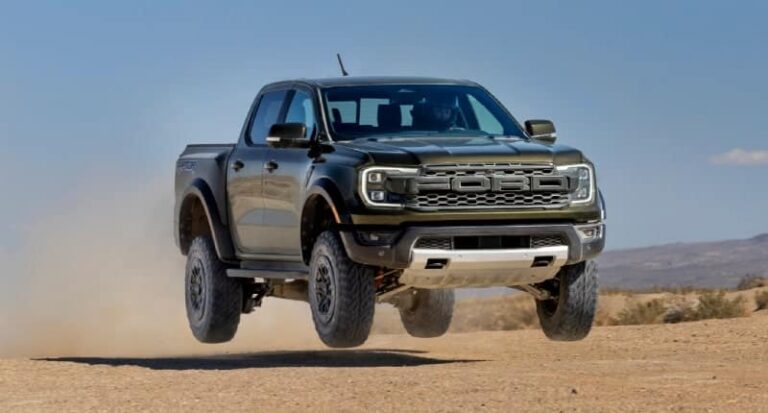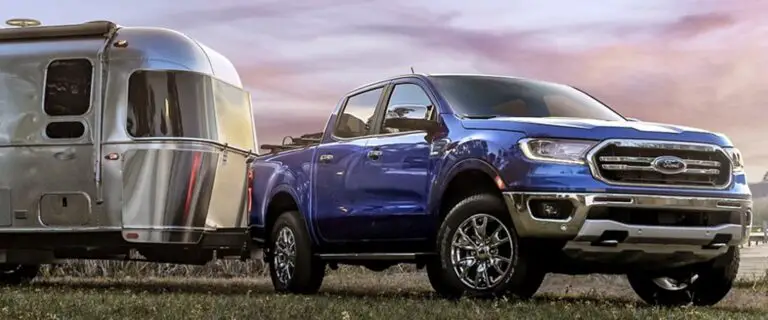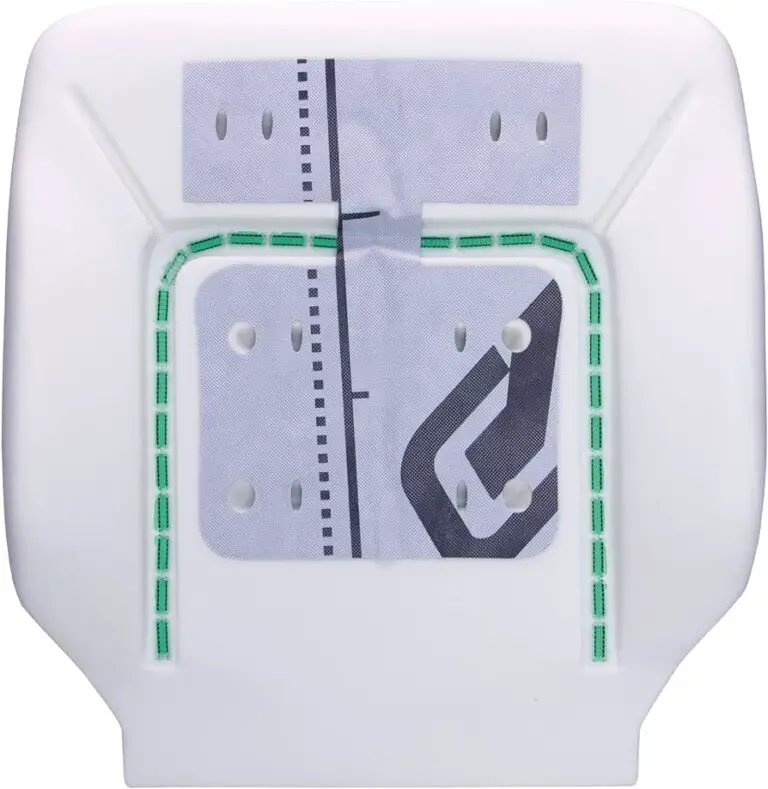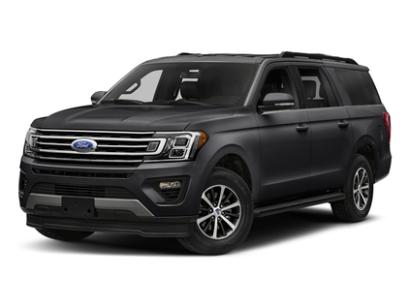Yes, the Ford Bronco does qualify for Section 179 tax deduction. It meets the criteria as eligible property.
Ford Bronco is an ideal option for business owners looking to benefit from the Section 179 tax deduction. By selecting this vehicle for business use, you can potentially deduct up to the full purchase price as a business expense. This tax incentive allows for immediate write-off of qualifying equipment purchases, including vehicles like the Ford Bronco.
The Section 179 deduction is an excellent way to boost your business’s bottom line while investing in a reliable and versatile vehicle like the Ford Bronco. With its off-road capabilities and modern features, the Ford Bronco is a valuable asset for businesses seeking tax advantages and practicality in one package.

Credit: www.portsmouthford.com
Section 179 Tax Deduction
The Section 179 Tax Deduction is a great opportunity for businesses to save money on eligible vehicles.
Understanding Section 179
Section 179 allows businesses to deduct the full purchase price of qualifying vehicles in the year of purchase.
This tax benefit is aimed at incentivizing businesses to invest in equipment and vehicles for their operations.
Qualifying Vehicles
- Vehicles with a gross vehicle weight rating (GVWR) of more than 6,000 pounds typically qualify for Section 179.
- Ford Bronco meets the weight requirement, making it an eligible vehicle under this deduction.
Ford Bronco Eligibility
The eligibility of the Ford Bronco for Section 179 is something that many people may be wondering about. Let’s explore whether this popular vehicle qualifies for this tax deduction.
Classifying The Ford Bronco
The Ford Bronco falls under the category of SUVs which may be eligible for Section 179 tax deduction.
Meeting Section 179 Criteria
To qualify, the Ford Bronco must be used for business purposes and meet specific IRS guidelines for depreciation.
Business owners should consult with a tax professional to determine if their Ford Bronco purchase qualifies for Section 179.
Maximizing Tax Savings
When it comes to maximizing tax savings, leveraging Section 179 for your Ford Bronco can be a smart strategy. By taking advantage of this tax provision, businesses can deduct the full purchase price of qualifying equipment like the Ford Bronco, up to a certain limit, in the year it was purchased rather than depreciating it over time.
Leveraging Section 179 For Ford Bronco
Section 179 of the IRS tax code allows businesses to deduct the full purchase price of qualifying equipment, such as the Ford Bronco, purchased during the tax year. The current deduction limit is $1,050,000 for 2021, and this deduction is phased out if the total amount of equipment purchased exceeds $2,620,000. By leveraging Section 179, businesses can maximize their tax savings and improve cash flow by deducting the full cost of eligible equipment upfront.
Consulting With Tax Professionals
When considering the utilization of Section 179 for your Ford Bronco, consulting with tax professionals can be crucial. Tax advisors can provide personalized guidance on how the deduction applies to your specific business and financial situation. They can also help ensure that your business meets all the necessary requirements and stays compliant, minimizing the risk of any potential issues.
Comparing Section 179 with Bonus Depreciation
Differences Between Section 179 and Bonus Depreciation
Section 179 and bonus depreciation are both tax incentives designed to encourage businesses to invest in equipment, including vehicles like the Ford Bronco. While Section 179 allows businesses to deduct the full purchase price of qualifying equipment up to a certain limit, bonus depreciation offers a percentage deduction of the cost over and above the Section 179 limit, often at 100% for the first year.
Determining Which Tax Benefit is More Advantageous for Bronco Owners
Choosing between Section 179 and bonus depreciation depends on several factors, such as the total amount of business equipment purchased in a year and the specific tax situation of your business. For Ford Bronco owners, leveraging Section 179 can be particularly beneficial if the vehicle is used predominantly for business purposes and falls within the weight criteria for qualifying vehicles.
Case Studies: Ford Bronco and Section 179 in Action
Real-Life Examples of Businesses Benefiting from Purchasing a Ford Bronco
Many businesses have capitalized on the Ford Bronco’s eligibility for Section 179, from construction companies using it to haul equipment to real estate agents showcasing properties in remote areas. These businesses not only enjoy the practical benefits of owning a Bronco but also significant tax deductions that improve their bottom line.
Lessons Learned and Best Practices for Maximizing Deductions
The key takeaway from successful case studies is the importance of meticulous record-keeping and using the vehicle in a manner that clearly aligns with business activities. Consulting with a tax professional to navigate the complexities of Section 179 and ensure compliance is also crucial.
Impact of Vehicle Modifications on Section 179 Eligibility
How Modifications Can Affect the Bronco’s Qualification
Modifying your Ford Bronco, whether for enhanced performance or business branding, can impact its eligibility for Section 179 deductions. It’s essential to understand which modifications are considered acceptable and which might jeopardize your claim.
Tips for Ensuring Modifications are Compliant with Tax Deduction Criteria
Always keep detailed records of modifications and their business purpose. If in doubt, consult a tax advisor to ensure that your modifications meet IRS guidelines for Section 179 eligibility.
Financing and Leasing Under Section 179
How Financing or Leasing Affects Section 179 Claims for the Bronco
Both financing and leasing can have implications for your Section 179 deduction. While financed vehicles can qualify for the deduction, the rules surrounding leased vehicles are more complex and may vary based on the lease terms.
Comparing the Long-Term Benefits and Drawbacks of Each Option
Understanding the nuances of financing versus leasing under Section 179 is vital for making an informed decision. Financing may offer more straightforward tax benefits, but leasing can provide flexibility and potential tax advantages in certain scenarios.
Planning for Future Tax Years
Strategies for Planning Your Vehicle Purchase Around Section 179
To maximize your tax benefits, consider the timing of your Ford Bronco purchase and how it aligns with your business’s broader equipment investment strategy. Planning purchases to optimize Section 179 and bonus depreciation benefits can significantly impact your tax obligations.
Anticipating Changes to Tax Laws That Could Affect Future Deductions
Staying informed about potential tax law changes is critical for long-term planning. Regular consultations with a tax professional can help you adapt your strategy to benefit from current and future tax incentives.
Section 179 and Vehicle Depreciation
Understanding How the Ford Bronco Will Depreciate Over Time
Like all business assets, the Ford Bronco will depreciate. However, leveraging Section 179 can offer a substantial upfront deduction, mitigating the impact of depreciation on your financial statements.
The Role of Depreciation in Your Overall Tax Strategy
Incorporating depreciation into your tax strategy, especially after maximizing Section 179 deductions, can further reduce taxable income over the Bronco’s useful life, offering ongoing tax benefits beyond the initial purchase year.

Credit: www.prestonfordwest.com
Frequently Asked Questions On Does Ford Bronco Qualify For Section 179
What Ford Vehicles Qualify For Section 179?
Ford vehicles that qualify for Section 179 include trucks and vans like the Ford F-150, F-250, Transit, and Transit Connect. These vehicles are eligible for the tax incentive, making them an excellent choice for business owners looking to take advantage of Section 179.
Can You Write Off A Bronco For Taxes?
Yes, you can write off a Bronco for taxes if it’s used for business purposes. Be sure to keep detailed records of the vehicle’s usage and consult with a tax professional for guidance.
What Ford Bronco Weighs Over 6000 Pounds?
The Ford Bronco that weighs over 6000 pounds is the Ford Bronco Raptor model.
What Vehicles Qualify For The Section 179 Deduction In 2023?
Qualifying vehicles for the Section 179 deduction in 2023 include trucks, vans, and SUVs weighing over 6,000 pounds.
Conclusion
The Ford Bronco is a viable option for Section 179 tax deduction. Its versatility and functionality make it a compelling choice for business owners looking to maximize tax benefits. By meeting the IRS criteria, the Ford Bronco can provide substantial tax savings, making it a smart investment for eligible businesses.







3 Responses